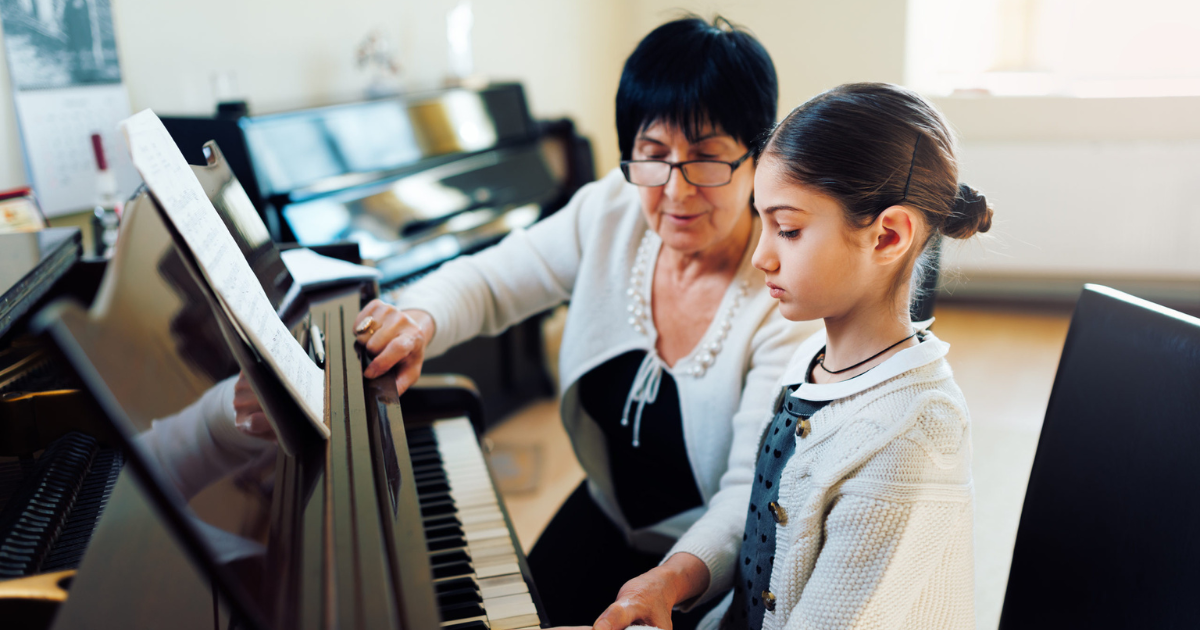Learning the piano is a rewarding journey that can bring immense joy and fulfillment. However, many aspiring pianists often wonder: how long will it take to learn this beautiful instrument? The answer is not straightforward, as it depends on various factors, including your goals, practice habits, and previous musical experience. Let’s explore what influences the timeline for learning piano and provide some insights to guide you on your musical journey.
1. Setting Realistic Goals
Your personal goals play a significant role in determining how long it takes to learn piano. Are you aiming to play simple melodies for personal enjoyment, or do you aspire to perform complex classical pieces? If your goal is to play for fun, you may find yourself playing recognizable songs within a few months of consistent practice. However, mastering advanced techniques and repertoire can take years of dedication.
2. Practice Frequency and Duration
Consistent practice is crucial for progress. As a general guideline, practicing for 30 minutes to an hour daily can lead to significant improvement within a few months. Those who can commit more time, such as several hours a week, may see faster results. Remember that quality matters more than quantity; focused, deliberate practice is essential for developing your skills.
3. Previous Musical Experience
If you have prior experience with other instruments or music theory, you may find it easier to learn the piano. Familiarity with reading music, understanding rhythm, and other musical concepts can expedite your learning process. For complete beginners, it might take longer to grasp these foundational skills alongside piano playing.
4. Learning Method
The method you choose to learn piano can also impact the timeline. Traditional lessons with a qualified teacher can provide structured guidance and personalized feedback, potentially accelerating your progress. Alternatively, self-study through online courses or tutorials can be effective but may require more self-discipline and motivation.
5. Age and Cognitive Factors
While people of all ages can learn piano, younger learners often absorb new information more quickly. However, adults can leverage their life experiences and cognitive maturity to approach learning in a more structured way. Regardless of age, maintaining a positive attitude and a love for music is essential for a fulfilling learning experience.
